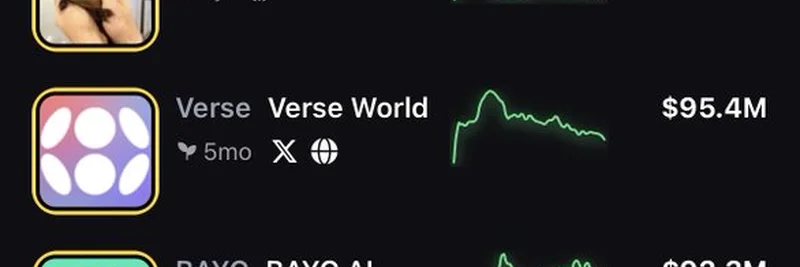In the fast-paced world of cryptocurrency, stablecoins play a crucial role. They're digital assets designed to maintain a stable value, often pegged to the US dollar, making them essential for trading and DeFi (decentralized finance) activities. Recently, a tweet from Liquid (@liquidperps) has stirred up discussions in the Hyperliquid community about the future of their native stablecoin, USDH.
Liquid, a platform for trading crypto anywhere, publicly endorsed Native Markets' proposal for launching USDH on Hyperliquid. Hyperliquid is a high-performance blockchain focused on perpetual futures trading, and having a native stablecoin could supercharge its ecosystem.
The core argument? Stablecoins are incredibly profitable. Liquid points out that Circle, the issuer behind USDC, rakes in about $250 million annually with minimal effort. That's money essentially being siphoned out of ecosystems like Hyperliquid. Instead, Liquid argues, those profits should stay within the community—benefiting users, the platform itself, or dedicated issuers rather than external giants like Circle or Paxos.
Opponents of Native Markets' bid suggest partnering with established players for better initial distribution. But Liquid pushes back, warning that handing over the USDH ticker to big names means Hyperliquid won't be their top priority. We've seen this before: projects hyped on various blockchains that fizzle out once support wanes. Liquid believes a team fully committed to Hyperliquid, like Native Markets, is the way to go.
From their interactions, Liquid describes Native Markets as a top-notch team laser-focused on building within the Hyperliquid ecosystem. They're ready to drive USDH's adoption aggressively, and Liquid plans to collaborate closely if the proposal wins.
This endorsement has sparked replies. Some users question Native Markets' ability to handle distribution and compliance compared to heavyweights like Paxos, which boasts global licensing and integrations with apps like Venmo. Others worry about vulnerabilities like counterfeit tokens, referencing Paxos' recent partnerships for secure issuance.
On the flip side, supporters highlight that a native-focused team could align better long-term, avoiding the pitfalls of relying on external priorities.
For meme token enthusiasts and blockchain practitioners, this debate underscores a bigger trend: ecosystems reclaiming value from centralized players. If USDH succeeds under Native Markets, it could set a precedent for more self-sustaining DeFi environments, where profits fuel innovation rather than external coffers.
Curious about the full thread? Check it out here. As the Hyperliquid community weighs in, this could reshape how stablecoins integrate with emerging blockchains, potentially opening doors for more meme token liquidity and trading opportunities.

